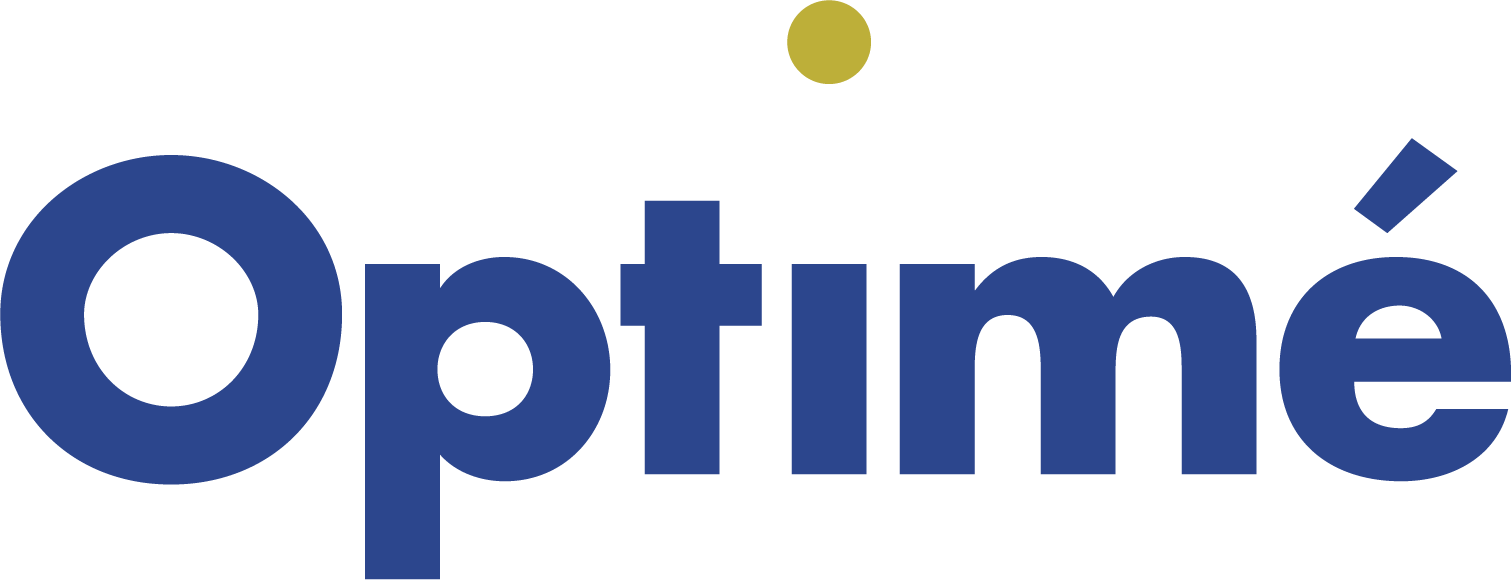Your questions can make all the difference between closing a deal or losing a potential customer. Strategic questioning is a skill that sales professionals must develop to understand their prospects’ needs, uncover pain points, and ultimately guide them towards a purchase decision. Here, we’ll explore some key strategies and insights to help you excel in this crucial aspect of the job.
Start with Open-Ended Questions:
Begin the conversation with open-ended questions that encourage the prospect to share information about themselves openly. These questions cannot be answered with a simple “yes” or “no.” Instead, they invite a more detailed response. For example: “Can you tell me more about your current business challenges?” or “What are your goals and objectives for the next quarter or year?”. Open-ended questions foster a deeper dialogue and allow you to gather more information about the prospect’s needs and pain points.
Dig Deeper with Probing Questions:
Once you’ve initiated the conversation, use probing questions to delve further into the prospect’s responses. These questions help you uncover more specific details and gain a better understanding of their situation. For example: “You mentioned that you’ve had issues with your current supplier. Could you share more about the specific problems you’ve encountered?”. Probing questions demonstrate your genuine interest in the prospect’s concerns and allow you to identify opportunities to provide solutions.
Explore the “Why” Behind their Needs:
To truly understand the prospect’s motivations and pain points, ask questions that delve into the “why” behind their needs or desires. This helps you connect on a deeper level and tailor your sales pitch accordingly. For example: Why is it essential for your business to address this issue now?” Understanding the “why” behind their needs helps you position your product or service as a solution that directly addresses their goals or challenges.
Actively Listen and Clarify:
Listening is just as important as asking questions. Actively listen to your prospect’s responses, and don’t hesitate to ask for clarification when needed. For example: “I want to make sure I understand your situation correctly. Are you saying that [rephrase their issue] is a significant challenge for your team?”. This demonstrates your genuine interest in their concerns and builds rapport.
Assess Decision-Making Criteria:
In a B2B sales context, it’s vital to identify the decision-making criteria and process within the prospect’s organization. Asking questions about decision-making authority and criteria will help you navigate the sales process effectively. For example: “Who else in your organization is involved in the decision-making process, and what factors are most critical in their evaluation?”. Understanding the decision-making dynamics and criteria enables you to tailor your pitch and address concerns from all relevant stakeholders.
Address Objections with Calibrated Questions:
When facing objections or resistance, use calibrated questions to delve deeper into the underlying issues and concerns. For example: “I sense there might be some concerns regarding [objection]. Can you help me understand what specific challenges or risks you associate with this, so we can explore how to mitigate them?”. Calibrated questions encourage prospects to think more deeply about their reservations and potentially reconsider their objections.
Close with Confirmation Questions:
As you move closer to the end of the conversation, use confirmation questions to ensure that your prospect is aligned with the proposed solution. For example: “Based on our discussion today, it sounds like our solution could effectively address your [highlighted problems]. Are you ready to take the next step and explore how we can implement it for your organization?”. This helps confirm their interest and intent to move forward.
Final thoughts,
In sales, strategic questioning is a powerful tool for building rapport, understanding your prospect’s needs, and guiding them toward a purchase decision. By following these strategies, you can refine your questioning skills and improve your overall sales performance. Remember, it’s not just about what you ask but how you listen and respond that makes a difference in the art of successful sales conversations. Explore our Strategic Selling program to know how we can transform your leadership team to consistently win in the marketplace.
Happy Selling!


